“Discover how to explore the Bible in a meaningful way that connects the pieces of God’s story!”
Reading the Bible for the first time can feel overwhelming. With 66 books, multiple authors, and thousands of years of history, it’s easy to wonder, “Where should I even begin?”
This guide offers a step-by-step approach to help beginners navigate the Scriptures. By focusing on key themes and stories, you’ll understand God’s message and purpose.
The Bible is not just a book; it’s a collection of timeless truths, historical events, and spiritual insights. It tells the grand story of God’s love for humanity and how we can find hope, redemption, and purpose through Him.
For a first-time reader, diving straight into the Bible’s order from Genesis to Revelation may feel daunting.
Instead, following a structured path helps you connect the dots and fully grasp its overarching story.
1. The Beginning of Everything
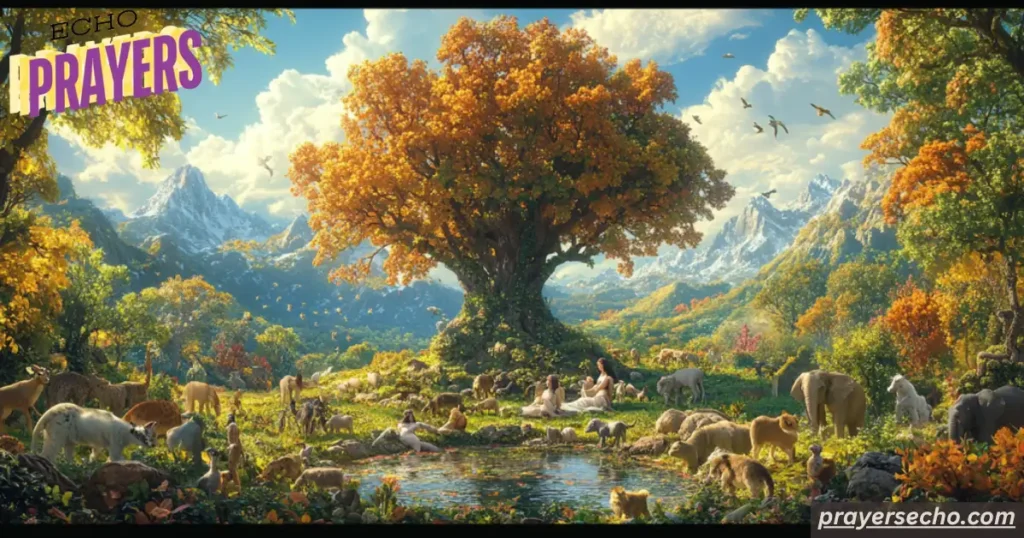
The journey starts with the foundation: God’s creation of the world, humanity’s fall, and the flood that reshaped the earth.
- Genesis 1–3: These chapters introduce God’s creation, Adam and Eve, the Garden of Eden, and the first sin. They explain humanity’s need for salvation.
- Genesis 6–9: The story of Noah and the flood highlights God’s justice and mercy. It demonstrates His power to restore even in judgment.
Spiritual Daughters in the Bible Powerful Stories of Faith
2. The Covenant with Abraham

God’s covenant with Abraham sets the stage for His redemptive plan through a chosen people.
- Genesis 12: God calls Abraham, promising to make him a great nation and bless all nations through him.
- Genesis 15–17: These chapters reveal God’s formal covenant with Abraham and the sign of circumcision.
- Genesis 22: Abraham’s test of faith when asked to sacrifice Isaac shows the depth of obedience and trust.
3. The Exodus and God’s Deliverance
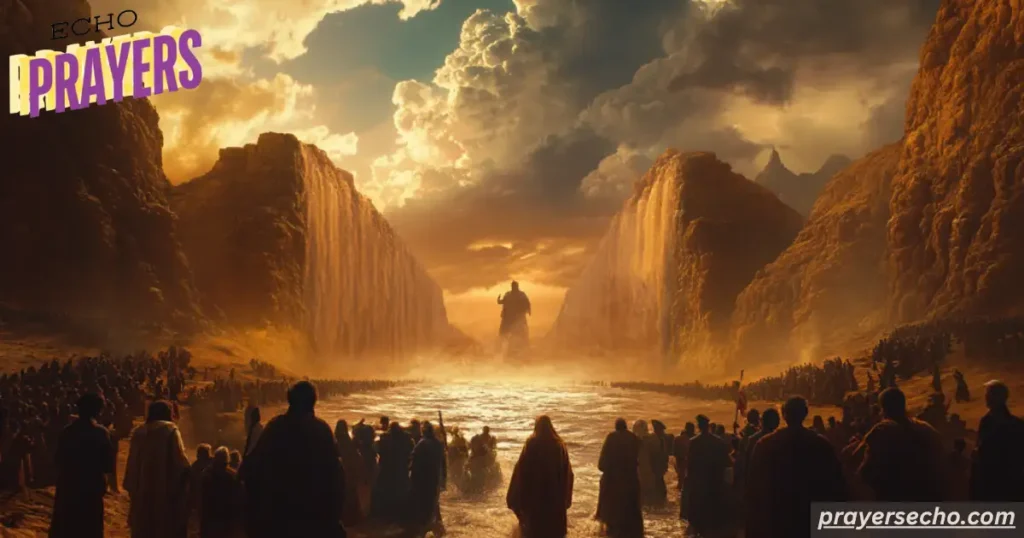
God’s deliverance of Israel from Egypt is one of the Bible’s most pivotal events, symbolizing freedom and redemption.
- Exodus 1–4: These chapters recount the Israelites’ oppression in Egypt and God’s call to Moses to lead His people.
- Exodus 12–14: The Passover and crossing of the Red Sea demonstrate God’s mighty hand in delivering His people.
- Exodus 19–20: At Mount Sinai, God gives the Ten Commandments, providing moral laws for His people.
4. Psalms of Worship and Prayer
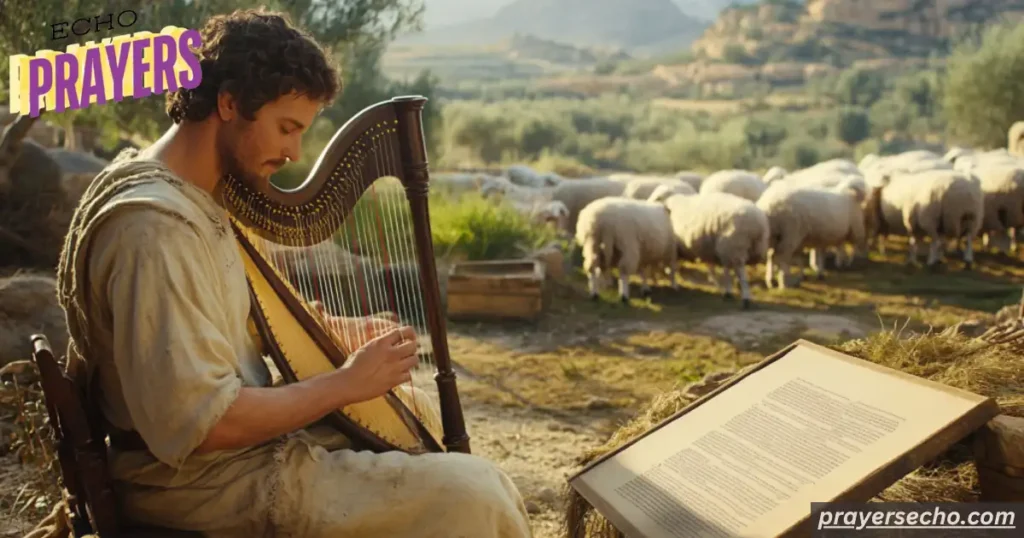
The Book of Psalms contains prayers, praises, and reflections that resonate deeply with the human experience.
- Psalm 1: This psalm contrasts the way of the righteous and the wicked, emphasizing the blessings of meditating on God’s Word.
- Psalm 23: A beloved psalm that declares God as the Good Shepherd, guiding and protecting His people.
- Psalm 51: David’s prayer of repentance after his sin with Bathsheba highlights God’s mercy.
- Psalm 103: This psalm celebrates God’s forgiveness, compassion, and love for His people.
5. Wisdom for Life
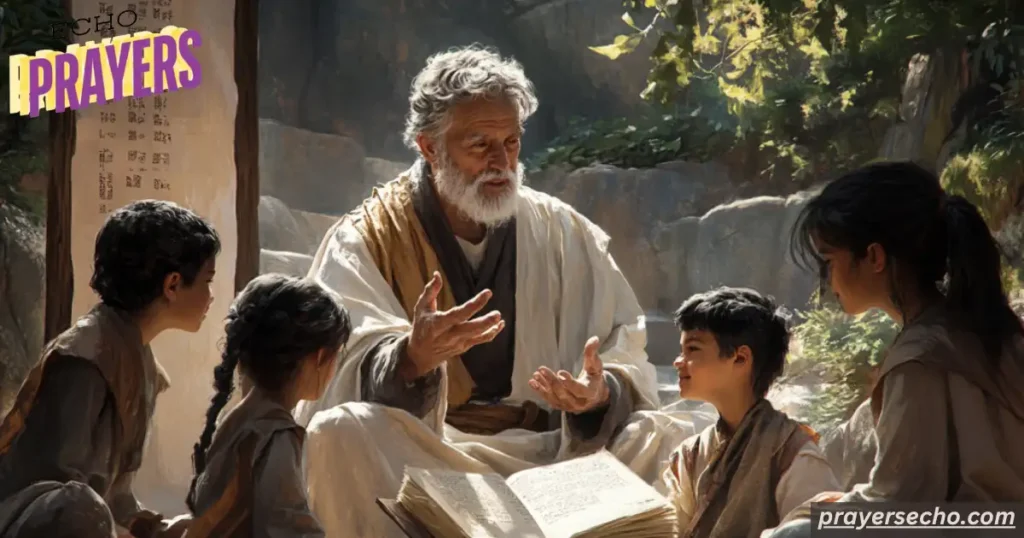
Proverbs offers timeless advice for living wisely and honoring God.
- Proverbs 1: This chapter sets the tone for the book, emphasizing the value of wisdom and the fear of the Lord.
- Proverbs 3: It highlights trusting in God with all your heart and the blessings of wisdom.
- Proverbs 31: This chapter celebrates the virtuous woman and provides guidance on character and diligence.
6. Prophecies of the Messiah
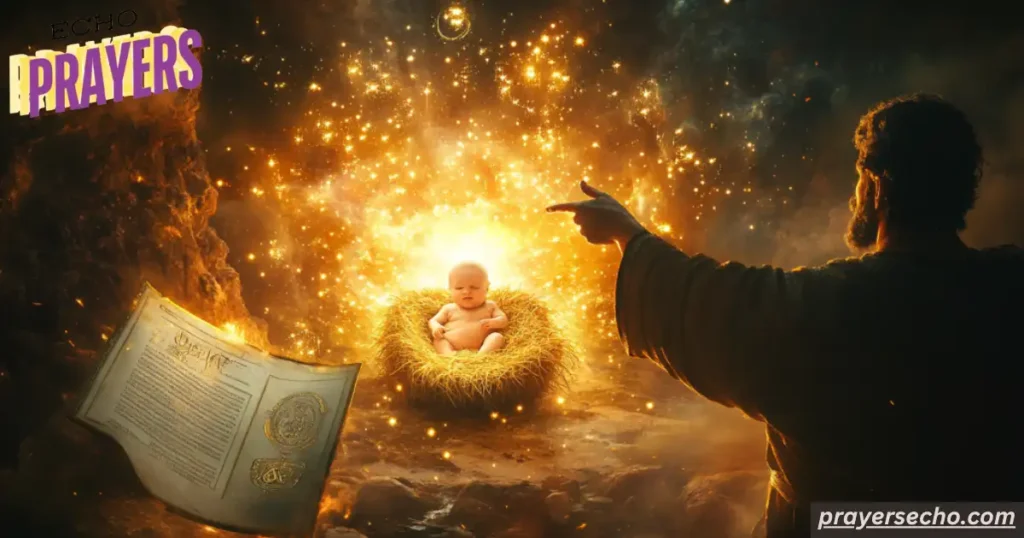
The Old Testament points to the coming of Jesus Christ, the Savior of the world.
- Isaiah 7:14: The prophecy of a virgin giving birth to Immanuel (God with us).
- Isaiah 9:6–7: A promise of a child who will rule with justice and peace forever.
- Isaiah 53: A vivid depiction of the suffering servant who bears humanity’s sins.
7. The Life of Jesus
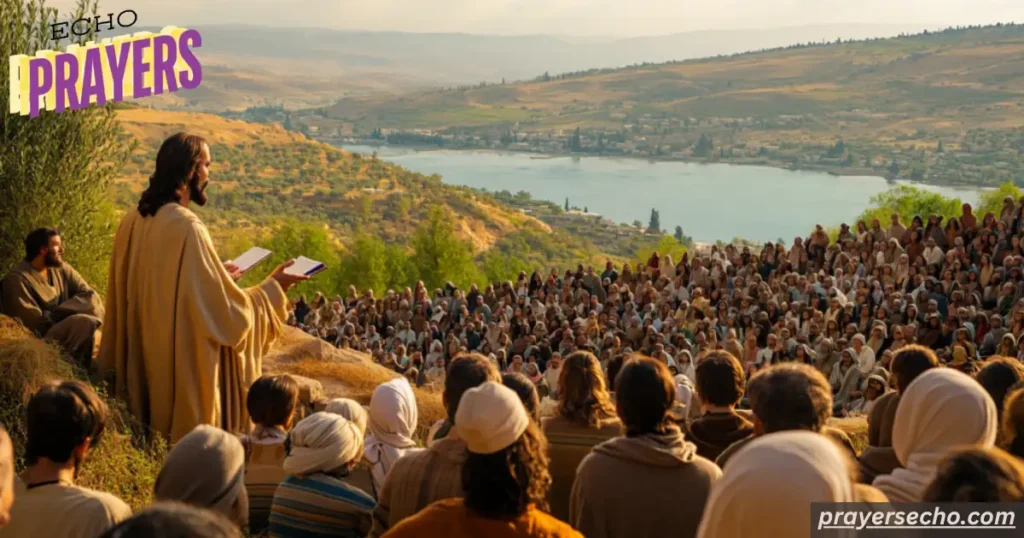
The Gospels capture the birth, teachings, miracles, and life of Jesus.
- Matthew 1–2: The genealogy and birth of Jesus emphasize His fulfillment of prophecy.
- Luke 2: The account of Jesus’ birth shows God’s plan for salvation unfolding.
- Matthew 5–7 (Sermon on the Mount): Jesus teaches on faith, love, and godly living.
- John 3: Jesus explains the importance of being born again for eternal life.
8. Jesus’ Death and Resurrection
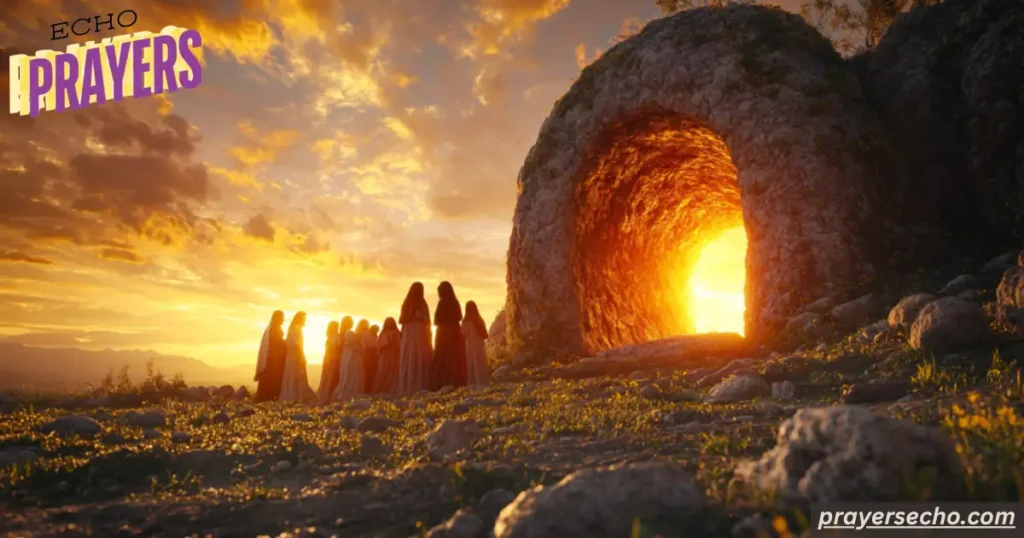
The climax of the Bible is Jesus’ sacrificial death and victorious resurrection.
- Matthew 26–28: The betrayal, crucifixion, and resurrection of Jesus demonstrate God’s ultimate plan for redemption.
- Luke 22–24: These chapters provide another detailed account of Jesus’ final moments, death, and resurrection.
9. The Early Church and the Holy Spirit
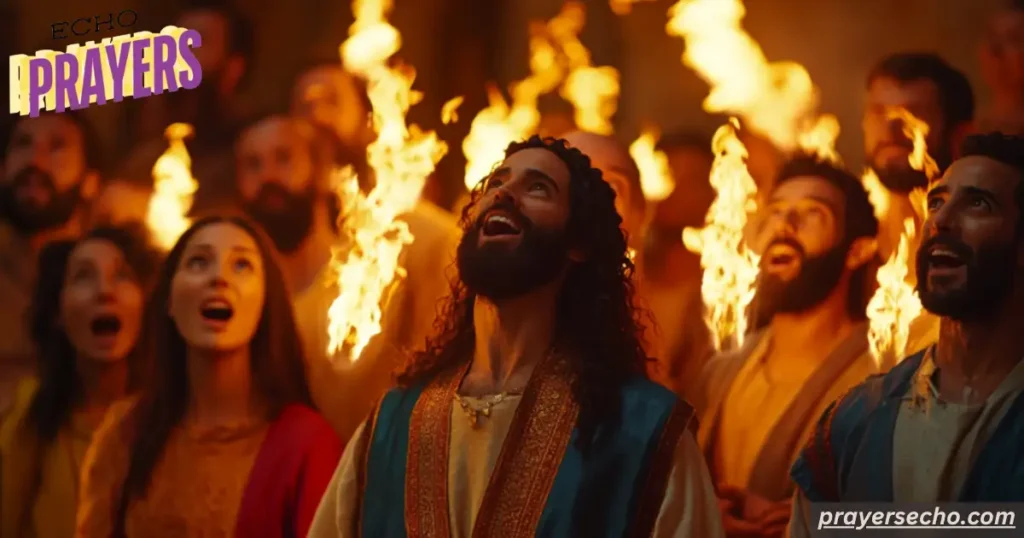
Acts tells the story of the church’s birth and the spreading of the Gospel.
- Acts 1–2: The Holy Spirit’s arrival at Pentecost empowers believers to spread the Gospel.
- Acts 9: Saul’s dramatic conversion on the road to Damascus shows God’s transforming power.
- Acts 16: Paul’s missionary journey highlights the Gospel’s reach to Gentiles and his bold faith.
10. Letters of Encouragement and Christian Living
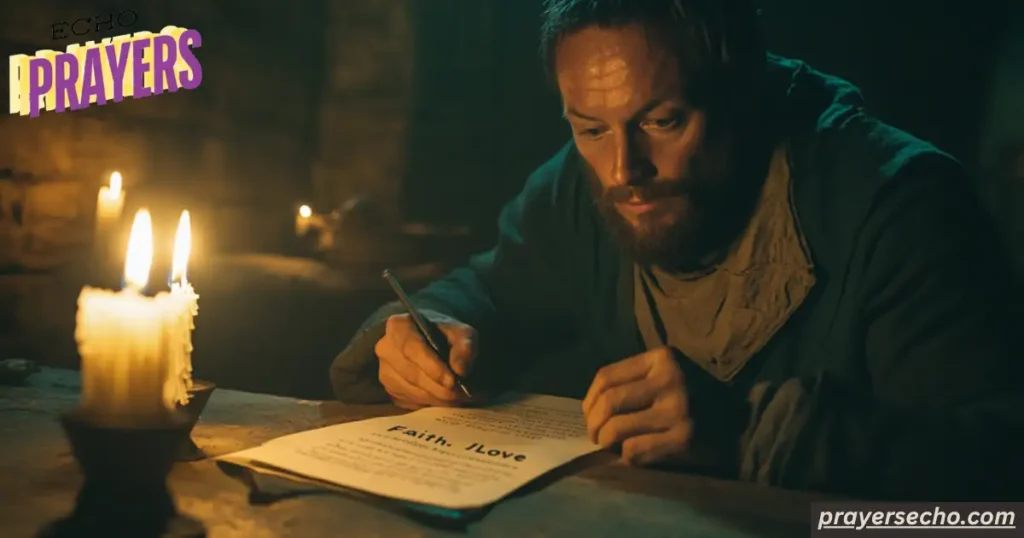
The epistles provide guidance for living out faith in Jesus.
- Romans 8: A profound chapter on the assurance of God’s love and the life of the Spirit.
- 1 Corinthians 13: Known as the “love chapter,” it defines true, godly love.
- Galatians 5: This chapter highlights the fruits of the Spirit and the call to live in freedom.
- Philippians 4: Paul’s encouragement to rejoice and trust in God, regardless of circumstances.
FAQs
1. What is the best version of the Bible for beginners?
The New International Version (NIV) or English Standard Version (ESV) are great options for clear and accurate language.
2. How long will it take to read the Bible?
Reading at a moderate pace, the entire Bible can be read in about a year, but there’s no rush—focus on understanding rather than speed.
3. Should I start at Genesis?
While Genesis is a great starting point, the outlined order in this guide helps provide better context and understanding.
4. How can I stay consistent in reading?
Set a daily time, use a Bible app for reminders, and follow a plan like this guide to stay on track.
5. Can I ask questions while reading?
Absolutely! Write down questions and seek answers through Bible commentaries, study groups, or trusted spiritual mentors.
Conclusion
The Bible is God’s love letter to humanity, filled with guidance, wisdom, and hope. By following this beginner’s reading guide, you can explore its profound truths and see how it all connects to Jesus Christ.
Remember, reading the Bible is not about finishing fast but about experiencing the transformative power of God’s Word.
Dive in with an open heart, and let God’s story inspire and guide your life!

Hi! I’m Lauren Reynolds, a writer at Prayers Echo, sharing comforting prayers, religious affirmations, and timeless psalms to bring peace and hope.












